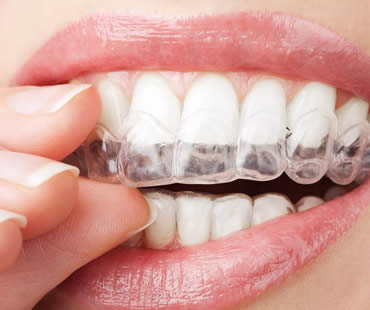You only get one set of teeth, so you need to protect them. Good home habits, like routine brushing and flossing, help keep your smile and mouth healthy. Regular checkup appointments allow your dentist to monitor your oral health and address any issues before they escalate.
To enjoy a beautiful, vibrant smile, keep these points in mind:
Don’t wait for pain
Many people believe that their teeth and gums are fine because they don’t have any discomfort. Certain conditions, like gum disease and tooth decay, begin with mild symptoms and don’t cause pain until they have progressed. Schedule exams twice a year so that your dentist can assess your current dental health.
Have a plan
Even if you can’t take care of everything on a proposed treatment plan, prioritize the items on the list and address the problems one at a time.
Choose wisely
Though addressing your oral health issues can be expensive, putting off treatment or choosing an under-qualified provider will cost you more in the long run. Find an experienced dentist that you can trust and establish a good relationship with this provider.
Maintenance matters
Just like you have to change the filters in your air conditioning and the oil in your car, you need to make time for routine care appointments. With regular checkups, you are less likely to need restorative services such as crowns, fillings, and implants.
Oral health relates to total wellness
What happens in your mouth impacts the rest of your body. Research has linked gum disease to more serious health concerns such as cardiovascular disease, risk of stroke, osteoporosis, and low birth weight.
We look forward to seeing you in our Weymouth dental office









